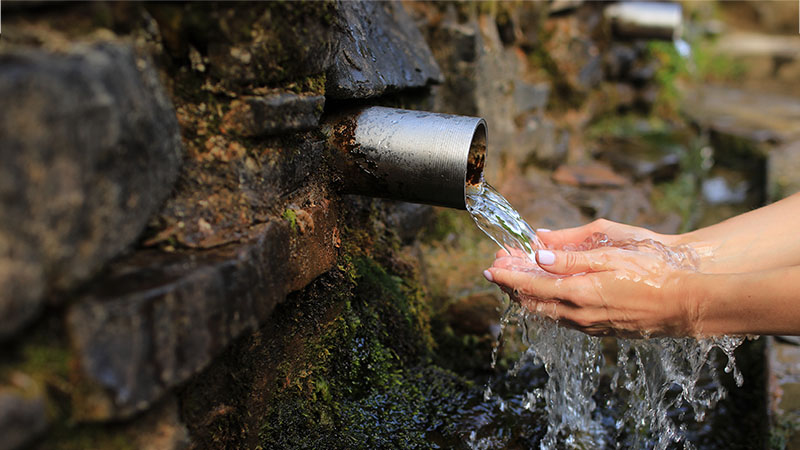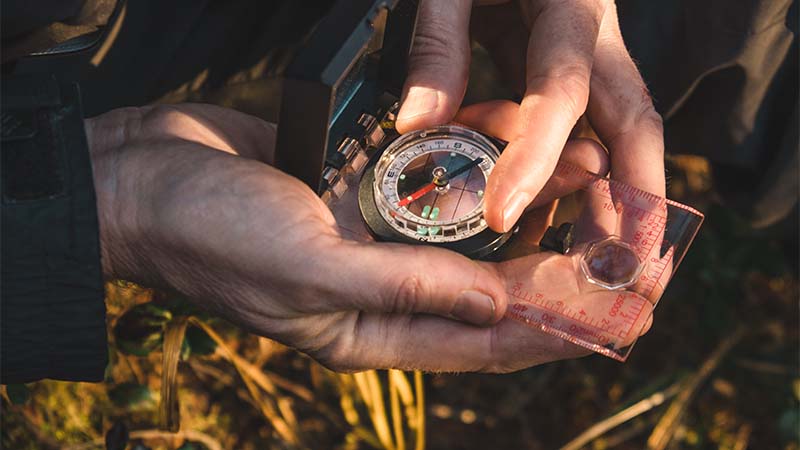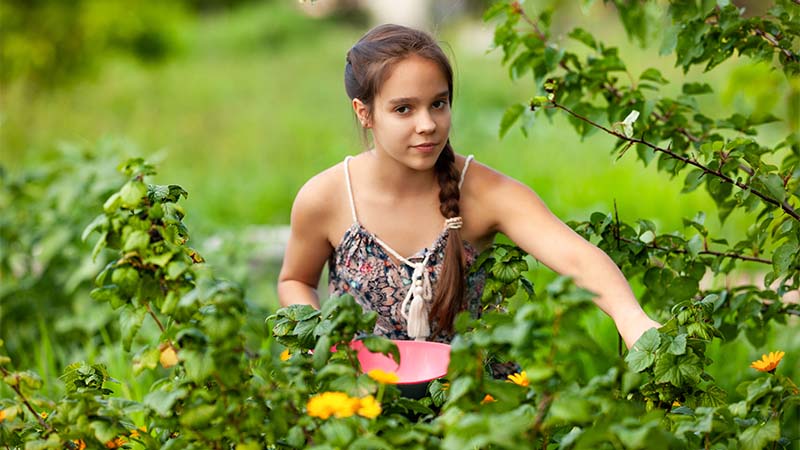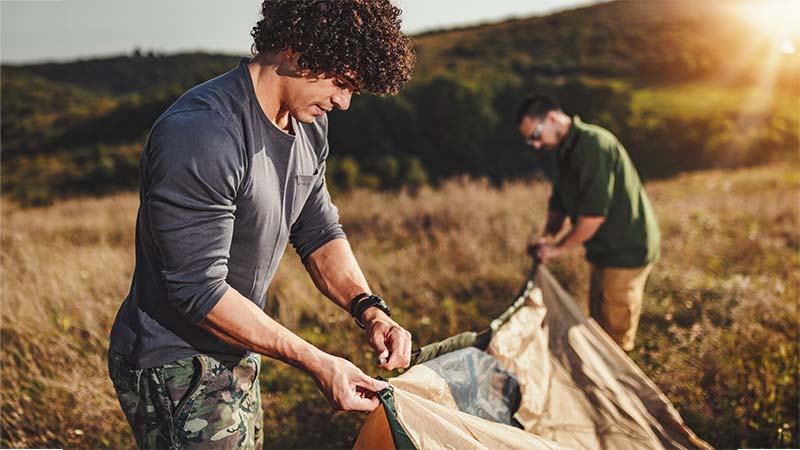In an age where digital technology dominates many aspects of life, teaching kids outdoor survival skills and basic camping techniques is increasingly important. These skills not only equip children to safely enjoy and navigate the wilderness but also instill in them a sense of independence and self-reliance. Learning how to manage in the natural world can also deepen a child’s appreciation for the environment, fostering a lifelong connection with nature.
Outdoor survival education combines practical skills with valuable life lessons. It teaches children problem-solving, resilience, and responsibility. In a camping or wilderness setting, kids learn to respect the environment, understand the importance of preparedness, and develop a sense of adventure. These experiences are not only enjoyable but also form a crucial part of their development into competent and confident adults.
Essential Survival Skills for Young Campers
Teaching young campers essential survival skills equips them with knowledge and confidence to safely enjoy outdoor adventures. Here’s a detailed look into these skills:
- Building a Shelter: Campers learn how to use natural materials like branches, leaves, and snow to construct shelters that protect against elements. They are taught about different types of shelters, like lean-tos and A-frames, suitable for various environments.
- Finding and Purifying Water: Skills in locating water in nature, such as streams or morning dew, are crucial. Campers are also taught various purification methods like boiling, using purification tablets, or portable filters to ensure water safety.
- Basic First Aid: This includes teaching campers how to treat minor injuries like cuts and bruises, recognizing symptoms of common outdoor ailments, and understanding when to seek adult help.
- Signaling for Help: Campers learn different ways to signal for help in emergencies, including using whistles, mirrors, or making ground-to-air signals in open spaces.

These skills are vital for any young adventurer, providing them with the tools to handle various situations while fostering a deep respect for the wilderness.
Navigating the Wilderness
Navigating the wilderness is an essential outdoor survival skill, and it’s crucial for young campers to learn the basics. This involves understanding how to use traditional tools like compasses and maps, as well as observing natural signs.
- Using a Compass: Teaching kids to use a compass involves more than just understanding the cardinal directions. It includes lessons on aligning the compass with a map to set a course, reading bearings, and using the compass in tandem with environmental landmarks to maintain orientation in the wilderness.
- Map Reading Skills: Map reading is a fundamental skill that goes beyond simply recognizing landmarks on paper. It involves interpreting topographic lines to understand terrain, identifying symbols and scales, and correlating the map’s features with the surrounding environment. This skill is crucial for planning routes and understanding one’s location in the wilderness.
- Natural Navigation Cues: In addition to technical tools, natural navigation is an invaluable skill. This includes reading the position of the sun and stars for direction, understanding how the growth of moss and the shape of trees can indicate north in the Northern Hemisphere, and using wind direction and river courses for orientation.

These navigation skills empower children with the confidence to explore and respect the wilderness, ensuring they are never truly lost and always have a way to find their path.
Safe and Responsible Fire Building
Teaching kids how to build and manage a fire safely is a crucial component of outdoor survival skills. It involves more than just the creation of a flame; it encompasses a comprehensive understanding of fire safety and environmental responsibility:
- Basic Fire Building Techniques: Campers are taught how to safely gather and arrange wood, and use a fire starter. They learn different techniques for building fires, such as the teepee or log cabin methods, suitable for cooking or warmth.
- Fire Safety Rules: Key safety rules include establishing a clear area free of flammable materials, having water or sand nearby to extinguish the fire, and never leaving a fire unattended.
- Environmental Considerations: Campers are educated about the impact of fires on the environment. They learn to use existing fire pits when available, understand the importance of fully extinguishing fires, and adhere to any fire bans or regulations in place.
Through these lessons, campers gain a respect for the power of fire, along with the knowledge of how to use it responsibly in the wilderness.
Foraging and Understanding Nature
Foraging is a vital survival skill that also helps children develop a deep connection with nature. It involves more than just identifying edible plants; it’s about understanding the ecosystem and the role each species plays in it.
- Basics of Foraging: Campers learn to identify common edible plants and mushrooms, along with guidelines on what to avoid, such as plants with certain colors or shapes that typically indicate toxicity.
- Environmental Impact: Educating campers about sustainable foraging practices to ensure they do not harm the ecosystem. This includes understanding how over-foraging can impact the environment and the importance of leaving enough resources for wildlife.
- Safety and Ethics: Emphasizing the importance of never eating anything unless they are 100% sure of its identification, and the ethics of foraging only what is needed.
Through foraging, campers gain not only a practical skill but also an appreciation for nature’s bounty and the importance of respecting and preserving natural habitats.

Teaching kids outdoor survival skills through camping and wilderness experiences is about more than just preparing them for the outdoors; it’s about instilling a sense of independence, respect for nature, and self-confidence. These skills, from building a shelter to understanding the ecosystem, contribute significantly to a child’s overall development. They learn not just to survive, but to thrive in natural settings, fostering an appreciation for the environment that can last a lifetime. As they carry these skills into adulthood, they become not only adept outdoor enthusiasts but also responsible stewards of the environment.
